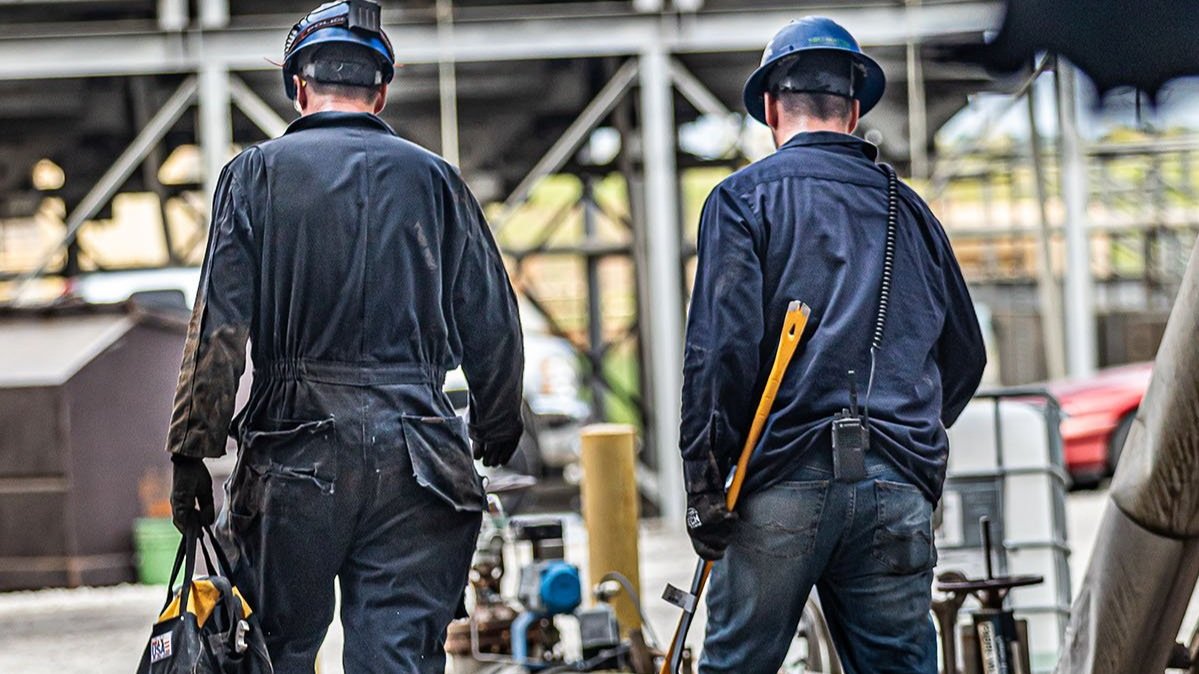FAQ: Outsourcing Industrial Maintenance
Recruiting, training, and retaining a skilled workforce is a growing challenge that has industrial maintenance managers looking to contractors to supplement their internal team.
If you are considering outsourcing some or all of your industrial maintenance activities, here are questions our customers often ask when exploring their options.
What experience levels can you provide?
Selecting the right craft labor starts with a conversation about the type of work to be performed and the skills that an individual would be expected to have in order to perform the work. Solutions range from one journeyman to a multi-tiered, multi-disciplined team of apprentices, journeymen, master-level technicians, and craft supervisors.
What types of skills would the Maintenance Services Team have?
Individuals selected for a Maintenance Services Team have experience working in industrial environments and on a variety of equipment. Tracking individual competencies makes it easier to assemble teams with the ideal range of knowledge and skills.
Mechanical maintenance technicians would be able to install, modify, and repair piping, bulk material handling and conveying equipment, and other process equipment. Electricians would be able to install, troubleshoot and repair power distribution equipment, including low and medium-voltage cabling, transformers, switchgear, backup power, lighting, and grounding. Electrical and instrumentation (E&I) technicians would have the skills to troubleshoot, install and calibrate various instruments; troubleshoot, install and program PLC/DCS systems; and troubleshoot and program variable frequency drives.
What type of Safety Training do you provide?
All SEFA Industrial Solutions team members receive 25 hours of in-house safety training and testing before they enter the field. This includes hands-on skills assessments for lockout-tagout, confined spaces, forklifts, aerial lifts, and fall protection. Our in-house Safety Team conducts scheduled and random visits to confirm that employees working at customer facilities are following all safety procedures, along with customer and site-specific safety requirements.
Are recommended personnel full-time employees or contract labor?
All SEFA employees are full-time. The average tenure for a SEFA journeyman is two years. Human resources, payroll, and benefits support are all managed by SEFA.
What types of service agreements are available?
Agreement types vary depending on the customer need, but the most common types of maintenance service agreements include:
Time & Materials: For projects without a well-defined scope, or for short term help, emergencies, or unplanned outages
Hour Blocks: A block of hours designated for ad hoc needs or as part of a scheduled shutdown or outage
Full-time Quarterly up to Annual Contracts: Guarantees specific people for specific daily hours for a specific length of time, with an option to extend
For more information about our experience in providing skilled labor for industrial maintenance, please contact us.

